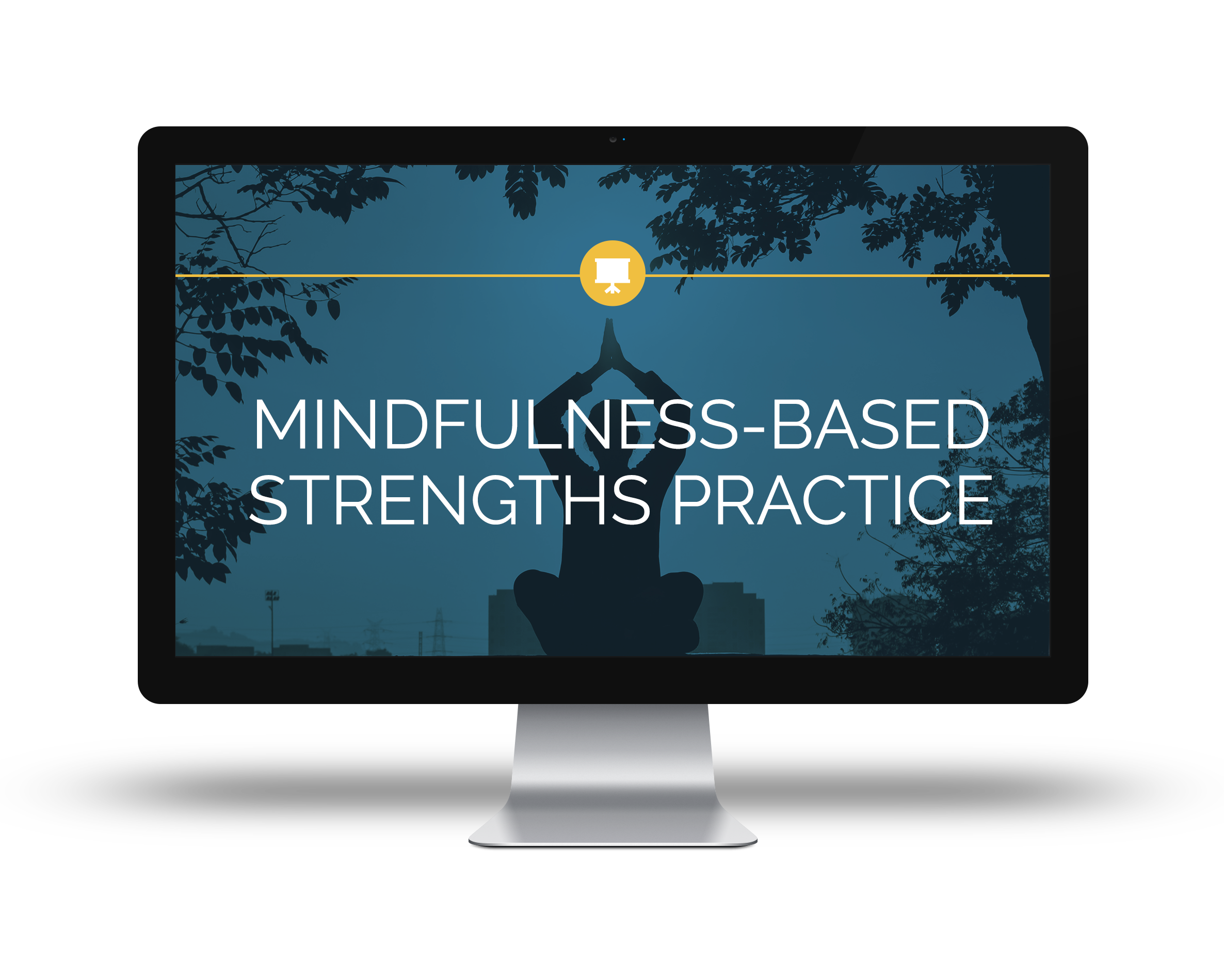The past
We have been down this hole before – or one like it!
As we look back on a time just a few weeks ago, we may be surprised at the number of things that we took for granted and just assumed would continue forever. Every day much like another, the same struggles, connections, routines. Use curiosity and perspective to explore…
Take a look at the Plutchik Wheel of Emotions. Ask yourselves the questions that follow:
• How do I feel when I look back to the time before Covid-19? • What existed before that I want to keep or get bacto? • What now is no longer a priority? • How does this reflection affect how I will interact with others?
What is one thing you will keep doing from “before”? _____________________________________________________________________
My answer? “Focus on character strengths and mindfulness”.

The present
We are always navigating holes…
Change is something that many people don’t appreciate. A few weeks ago, there was a sudden change. For many we were told to “stay home starting tomorrow”. For some, that means losing a job and struggling with day to day expenses and for some it means juggling work from home, schooling the kids, making additional meals, buying groceries with less access to stores. There are also many people who despite the stay at home orders, are still having to go out to work. The change has been dramatic. We have had no choice but to adjust the best we can. In group coaching sessions, some participants say they are “not experiencing anything unusual”. They frequently work from home. It is “situation normal”. We gently challenge that statement, and it turns out that the only thing that seems the same is the idea of working from home. For example, that when one person said, “nothing has changed for me, I always work from home.” We asked, “How is it different?” Using perspective, honesty, (self-)kindness and fairness, she paused, reflected and answered:
1. I am cooking three times a day
2. There are five people in the house all day every day
3. I am now homeschooling three kids
4. There are five people using three computers
5. The broadband isn’t good enough
6. We are not able to see our extended family.
She suddenly looked sad and yet relieved. She was sad that there were so many things that had changed, and relieved because she admitted she had been feeling tired and a little down and had been criticizing herself when things were so “normal” for her.
Maria Sirois (Author of “A short course in happiness after loss”) says “pain, is pain, is pain”. We experience our own pain and it is not less – or more – because of how it compares to others. It just is. Having just attended a four- hour mindfulness retreat, I am reminded to ask myself these questions. Curiosity, self-leadership, self-regulation, self-forgiveness, hope, prudence and even a little humor help me to appraise:
- What am I happy with now?
- Who do I want to be in the presence of this?
- What is one thing I can do for myself in this moment that will help me feel 2% more
- Optimistic
- Healthy
- Relaxed?
What is one thing you are doing now that you will continue to do?
My answer? “Treat self-care as a necessity rather than a luxury!”
The Future
Like holes before this one, we will find our way out
As the world tentatively reopens, there is even more uncertainty than when it shut down. A few weeks ago, others made the decisions and we lived with – and adjusted to – those decisions as best we could. Our choice was not “what to do” it was “how to do it”. Some of us adjusted more easily than others. Some did not really adjust at all and now suddenly we will be asked to adjust again.
In the future though we will be making the decisions. We may be told it is OK to go back to work, but we will decide if that is safe – for us, for our children who may not be in school – for vulnerable loved ones. We will decide whether going to a restaurant, store, gym or sports venue is “safe enough”. Our days will be a maze of decisions, and we will be called upon to use our strengths in new ways and to use strengths that come less easily to us in order to get through the next few months. We are already seeing that everyone is being called upon to use more Prudence than normal. We may have to use more Perspective and Judgment – yes a choice may feel unsafe, but it may be less dangerous than the alternative (not going back to work and not being able to pay the rent for example). We will need Hope – that is the strength of positive forward thinking and taking action. Forgiveness may be needed more now as people make decisions that turn out to be less than optimal, or tempers fray, or energy is lower. In fact, when we look at the twenty-four research-based character strengths (see below), every one of them still has an important place in what is coming in this future. Look at the list and think about which of the strengths come most easily and naturally to you and then make a plan for how to engage those strengths purposefully in the future. These questions may help:
- Which two character strengths do you feel you can generally rely on?
- How do those strengths support you in making wise decisions?
- How will you use those strengths to make things 2% better for one other person?
- Kindness is one of the Humanity strengths. How can you be kind to yourself at least once a day so that you can then be kind to others?
My answer? ”Create a space each day for peace, contemplation and compassion for the world!”
Take what you learned in the past, are learning in the present and launch into the future with a curious mind. In mindfulness we call this “beginner’s mind”. In the next few months we will all be beginners. Embrace it, take care of yourself, and see what you learn!
For a great little book to read during these times of uncertainty – to understand how we process change – read Carole Osterweil’s book Project Delivery, Uncertainty and Neuroscience: A Leader's Guide to Walking in Fog.


